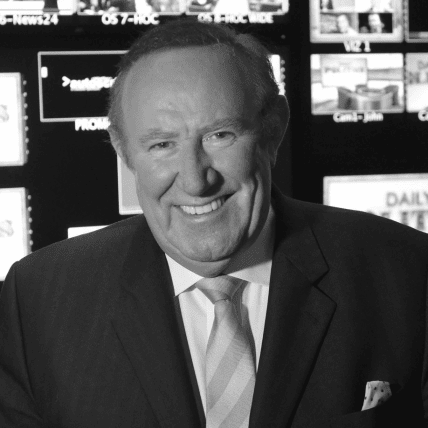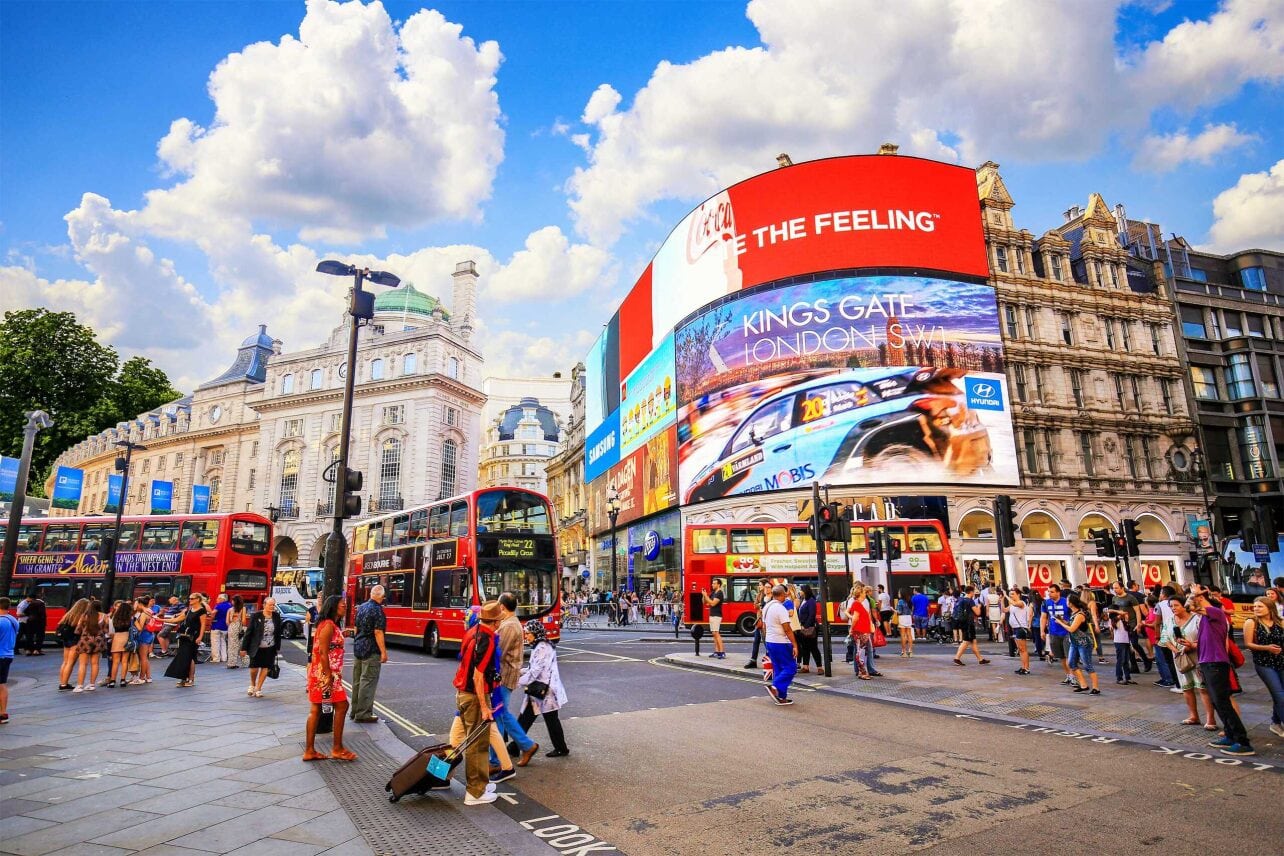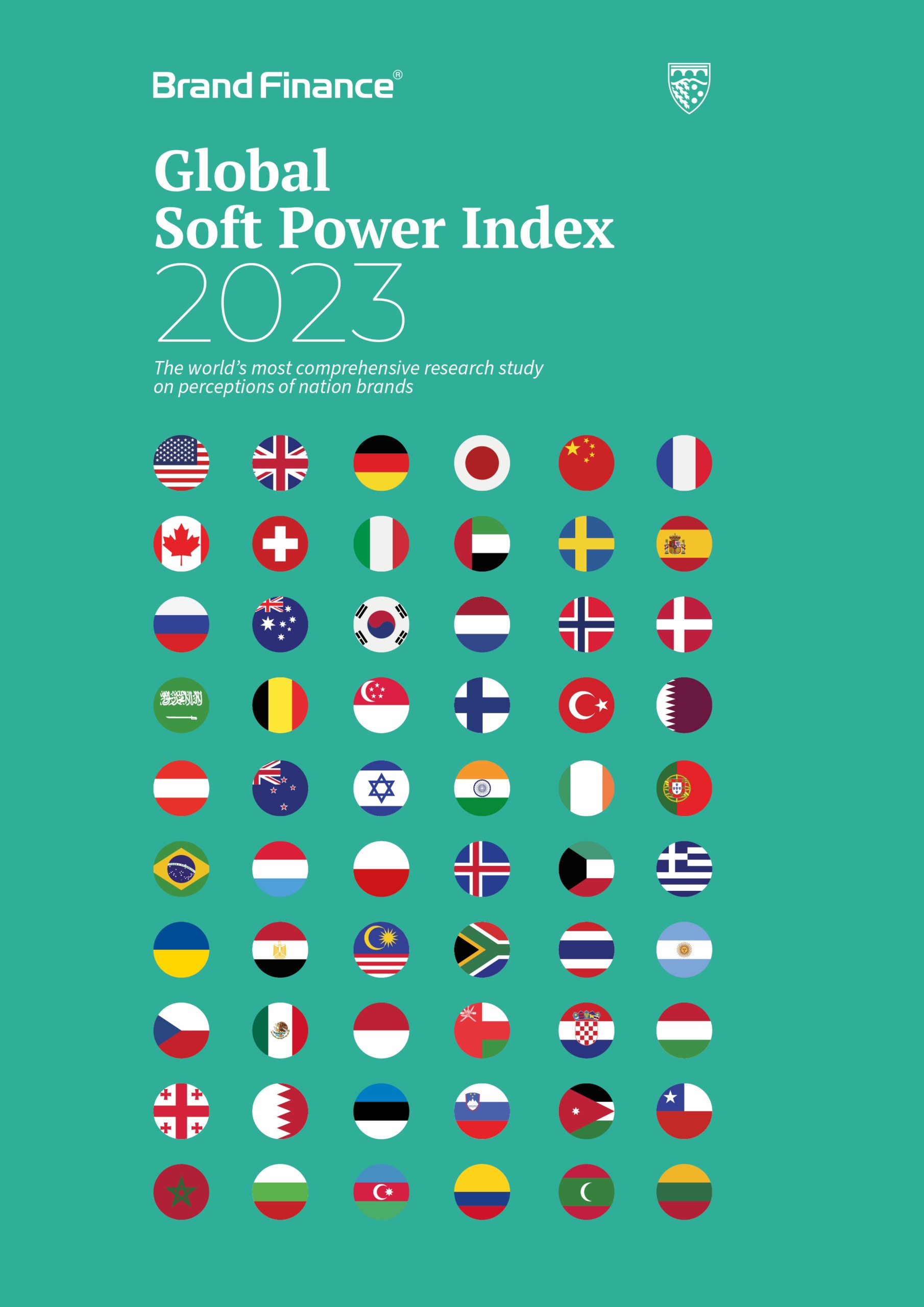This article was originally published in the Global Soft Power Index 2023.

Broadcaster and Columnist
Britain remains a Soft Power superpower, second only to the United States and, though the British do not generally realise that (such is our propensity always to do ourselves down), it should surprise nobody. British culture – as exemplified by film, television, music (of all types), history, parliamentary democracy, literature, and sport – continues to have global appeal and influence.
As the country agonises about whether it remains a military power of the first rank (my own view is that its hard power is more formidable than the naysayers would have you believe), it should be in no doubt about its Soft Power. Nowhere is that more true than in the audio-visual (A/V) world of entertainment and news, where a strong domestic base has combined with huge and growing international investment to create an A/V sector second only to America.
From Shakespeare to Peaky Blinders, BBC World to Downton Abbey, Chernobyl (made by Sky and designated the greatest-ever TV drama by Los Angeles critics) to Harry Potter, British-made film and TV has a global footprint only the Americans can match.
Of course, the English language, the closest we have to a global lingua franca, is an enormous asset (amplified by the fact that we share it with America, the unchallenged leading Soft Power). But the depth of British skills, A/V technology, studio infrastructure and, above all, incredible creativity have played their vital parts too.
There are jobs and prosperity in Soft Power. The US TV streaming giants have poured investment into the UK, making Britain their biggest production hub outside North America. In recent years more Hollywood blockbusters have been made in dear old Blighty than Hollywood.
Sometime in the next year, there will be more studio space in Greater London than Greater Los Angeles.
It is not just the capital that benefits. At a recent lunch in Belfast, the mayor told me that Game of Thrones (made in a Belfast studio) and Titanic (built in a Belfast shipyard, given renewed status in popular culture by the 1997 Hollywood blockbuster) were worth several hundred million pounds a year to the Northern Ireland economy in tourism. As we spoke, a violin quartet serenaded us with the theme to Game of Thrones.
More and more films and TV series seem to require a London location for at least part of the shoot. The great wheel on the South Bank has almost replaced Big Ben as the iconic opening shot. The current Netflix comedy-crime drama ratings success “You” has an episode in series one set at a Charles Dickens fair in New England where Americans dress up in Victorian garb and try to speak with British accents. Series four is entirely based in London. That is Soft Power for you.
More and more films and TV series seem to require a London location for at least part of the shoot. The great wheel on the South Bank has almost replaced Big Ben as the iconic opening shot. The current Netflix comedy-crime drama ratings success “You” has an episode in series one set at a Charles Dickens fair in New England where Americans dress up in Victorian garb and try to speak with British accents. Series four is entirely based in London. That is Soft Power for you.
Reliable news and current affairs are also a huge Soft Power asset for Britain. The BBC, Sky News, and ITN are all world-class news gatherers and providers with global reputations. The American networks can outgun them in resources but not in global reputation: the US giants, rightly or wrongly, are thought to have skin in the game (representing American interests). British news is seen as more trustworthy and impartial.
It all adds, in an age of fake news, to Britain’s reputation for news you can trust and rely on. Nowhere is that more so than the BBC World Service. Most countries crave to have an international broadcaster of such well-established credentials. Given the pittance it costs, it beggars belief that the government would rather cut its budget further than invest more in it.
Soft Power enhances Britain’s reputation for fairness, democracy, culture, civilised values (which we do not always live up to). It is one reason why countries that were not even former colonies want to join the Commonwealth. It is why more and more people want to come and live, work, and be educated here (among the top 30 universities in the world, only America has more). It helps explain why everything associated with Soft Power now accounts for around a trillion pounds in our economy.

London is a global city-state, its only rival New York (and as somebody who loves and has lived in both cities my view is London now edges it). It is a global magnet for talent and for those who want a better life (a far cry from the rather dull, depressing, very British city when I came down from university in the early 1970s).
We Brits really have no idea how much the rest of world is interested in us. Naturally, America attracts the greatest global interest as the dominant world culture. But we come second, as does our media in terms of global influence.
Of course, Soft Power is always vulnerable if you do not have the hard power to protect it. But Soft Power can be a valuable ally of hard power. Just look at Ukraine.
The bravery and sacrifice of its military and people have thwarted the Russian invaders, so far. But it has also used social media to rally the democratic world to its cause. President Zelenskyy has exploited that to such an extent that the leaders of the world’s major democracies now vie to be photographed alongside him and be seen to be doing whatever they can to help. Soft Power in aid of hard power.
Britain’s position as a Soft Power superpower looks pretty entrenched to me. It reflects our political values, culture, and even foreign policy. The rest of the world largely seems to like what it sees and wants more. But our position cannot be taken for granted. It cannot be said that Brexit has yet enhanced our Soft Power status; whether it does, remains to be seen. Germany is a formidable Soft Power competitor, even though it has few of our natural advantages in the Soft Power stakes.
A reduction in our hard power was always inevitable in a post-Empire world. If British Soft Power also declines, it will only be because we neglect it.

